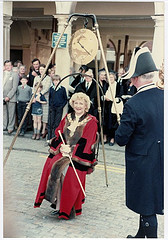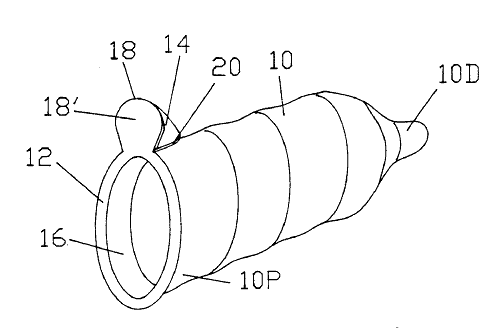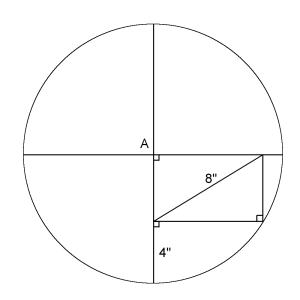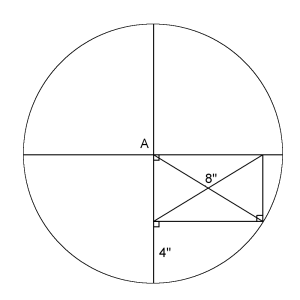
Charles De Gaulle said, “I have come to the conclusion that politics are too serious a matter to be left to the politicians.”
The town of High Wycombe in Buckinghamshire has found a practical solution: It weighs its mayors at the start and end of each term.
Any weight gain is deemed to have been made at taxpayers’ expense, and it’s met with jeers and the occasional tomato.
No one knows how the custom began, but it dates at least from the time of Edward I and apparently was once widespread. Wycombe is the only town in England where it survives.




